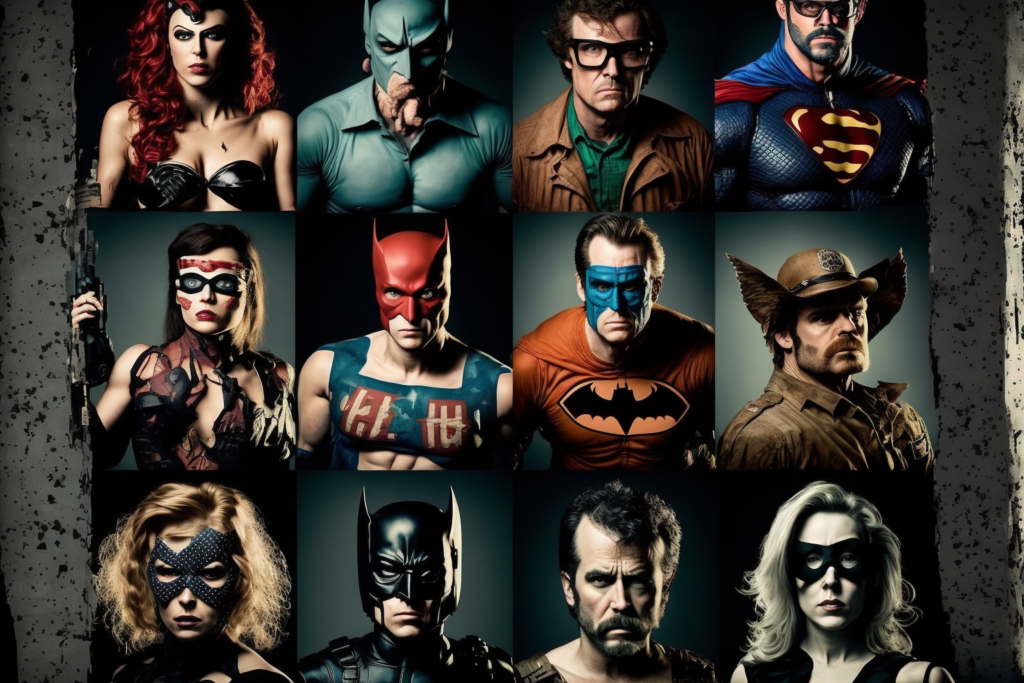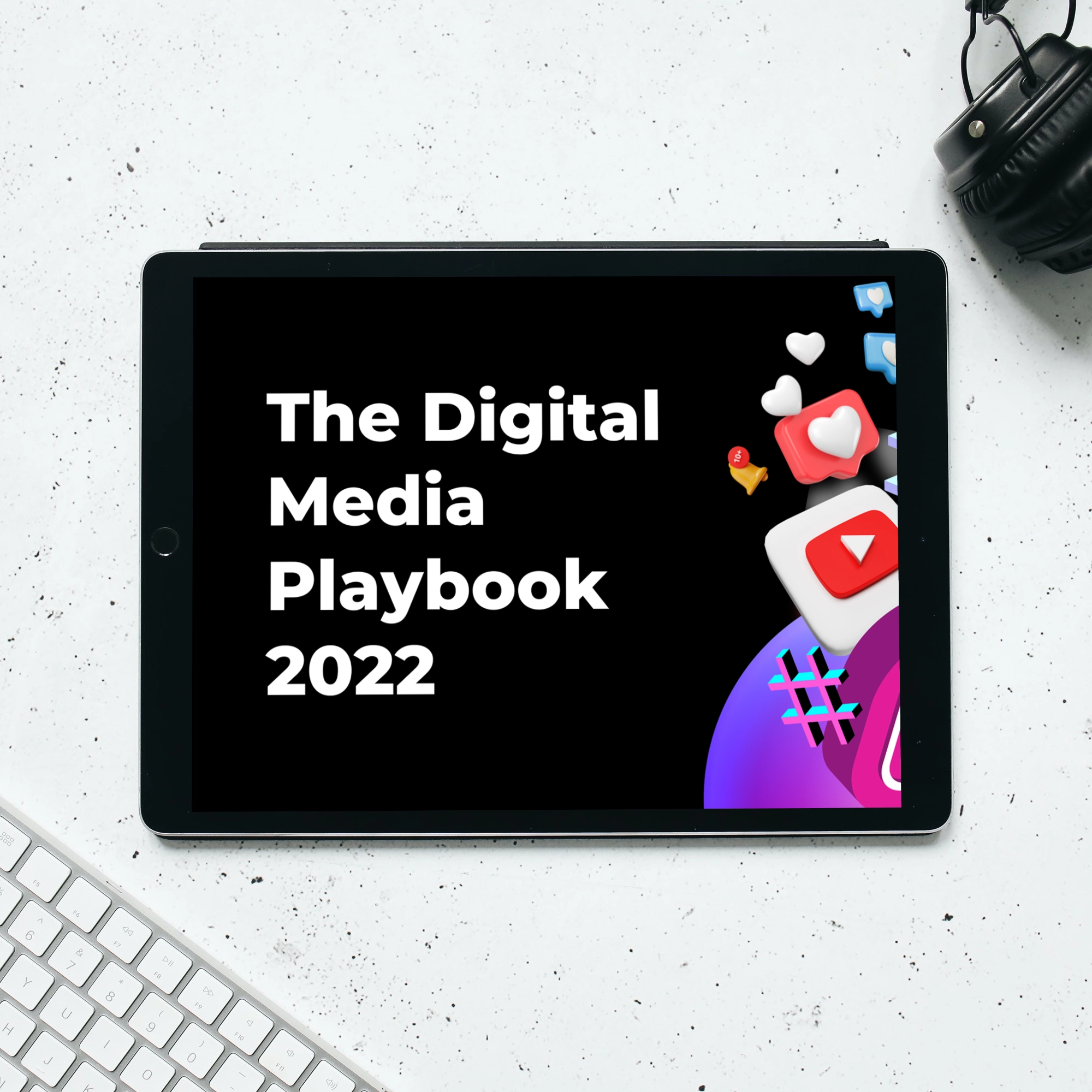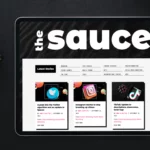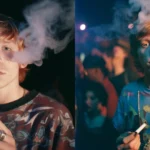
Filed Under:
Where are all these AI generated selfies coming from?
Share This:
It seems like everyone – from Chance the Rapper to the random person you follow on Instagram – has jumped onto the AI generated portrait bandwagon. Lensa AI’s “Magic Avatars” feature is responsible for these souped-up selfies, and it uses open-source AI tool Stable Diffusion.
All you have to do is upload 10-20 selfies, pay $5, and Lensa will generate 10-20 stylized portraits of your likeness in various artistic styles, making it look like the work of a digital artist collective. After this feature was launched last month, Lensa quickly became one of the most popular free apps in the Apple and Google app stores.
Now that you know what it is, it’s time to ruin the fun and open Pandora’s Box of the ethical questions that have to come up with this new tech.
The ethical dilemma of AI image generation
Artists and copyright holders have raised concerns that their artwork is being used to train the model responsible for AI generated images on Lensa, the product of Prisma Labs, without proper credit or reimbursement. Lauryn Ipsum remarked on the presence of “frequent instances” of visible artist signatures in the avatars, and the issue with the argument that this does not constitute theft.
Additionally, automated art generators have caused visual creators to worry about the devaluation of their skills, in the same way OpenAI’s ChatGPT has made some newsletter writers uneasy… (Don’t worry, I’m not going anywhere.)
Privacy advocates also voiced their reservations regarding how Lensa utilizes user photos and personal data. Lensa’s parent company Prisma claims they delete selfies after they are converted into avatars, but use them to train their neural networks and reserve the right to use personal data to improve their product.
Ethicists have warned of the potential for Lensa to be used for predatory purposes, as it only takes a few photos of the victim to use it. Technology researcher Olivia Snow took this a step further by using her own childhood photos to demonstrate the app’s inability to not sexualize images of children.
All of this has resulted in some creators calling for a boycott of Lensa and advocating for people to hire human artists for their next round of stylized selfies. Yet, AI generated images are are here to stay and society will have to find a way to work with them in our lives.





